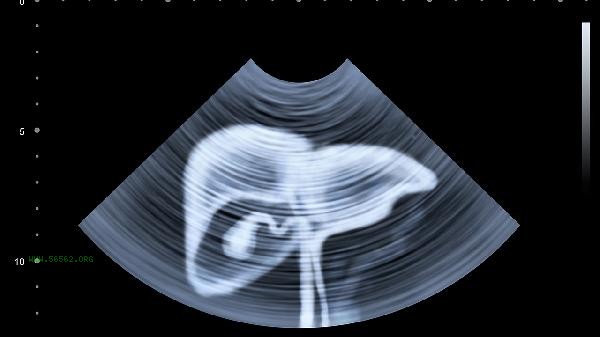The upper abdomen is most likely caused by visceral fat accumulation, gastrointestinal bloating, ascites, abdominal tumors, pregnancy, and other reasons. It is recommended to seek medical examination in a timely manner based on specific symptoms, and intervene accordingly after a clear diagnosis.

1. Accumulation of visceral fat
Long term high calorie diet and lack of exercise can lead to visceral fat deposition, manifested as bulging and soft touch in the upper abdomen. This condition is common in individuals with central obesity and may be accompanied by dyslipidemia or insulin resistance. Gradual improvement can be achieved by adjusting dietary structure and increasing aerobic exercise.
2. Gastrointestinal bloating
Digestive dysfunction or the accumulation of gas in the gastrointestinal tract after consuming gas producing foods can cause upper abdominal distension. Often accompanied by symptoms such as hiccups and bowel sounds, with a drumming sound on palpation. Moderate supplementation of probiotics and avoidance of gas producing foods such as legumes can help alleviate symptoms.
3. Ascites
When diseases such as cirrhosis and heart failure cause ascites, the upper abdomen presents symmetrical bulging, which may result in mobile voiced sounds. This situation requires treatment of the primary disease and, if necessary, abdominal puncture drainage. Accompanying symptoms include lower limb edema, difficulty breathing, etc.
4. Abdominal tumors
Space occupying lesions such as liver tumors and stomach tumors can cause local elevation, and palpation may result in masses. According to the nature of the tumor, it may be accompanied by symptoms such as emaciation, jaundice, and vomiting blood. Diagnosis needs to be confirmed through imaging examination, and most cases require surgical resection for treatment.
5. Pregnancy
Women of childbearing age who experience progressive enlargement of the upper abdomen should consider the possibility of pregnancy, as the uterus may enlarge and cause the upper abdomen to protrude. Diagnosis can be confirmed through urine pregnancy test and ultrasound examination, which is a normal physiological phenomenon and requires strengthened nutrition management during pregnancy.

Daily attention should be paid to maintaining regular eating habits, avoiding overeating, and reducing intake of high salt and high-fat diets. It is recommended to engage in moderate aerobic exercise every week, such as brisk walking, swimming, etc. If the upper abdomen enlarges and accompanied by symptoms such as pain, vomiting, and sudden weight loss, or if there is no improvement, it is necessary to seek medical attention promptly at the gastroenterology or general surgery department, and complete ultrasound, CT, and other examinations to determine the cause. For upper abdominal distension caused by pathological factors, it is necessary to strictly follow medical advice for treatment and follow-up.








Comments (0)
Leave a Comment
No comments yet
Be the first to share your thoughts!